Reporting or transforming? The ESG software provider you need


- Author
- Renaud BettinVP Climate Action & Sales Enablement
- Category
- Insight
- Topics
- ESG
- Published
- 27 June 2023
While ESG reporting tools make it easy for you to collect and analyze climate data, transformation tools empower you to take action. So which do you really need?
In the current landscape of climate and sustainability initiatives, the focus on reporting has become increasingly prevalent. Many companies are opting for reporting tools that provide a comprehensive overview of their environmental and social impact, yet fail to prioritize meaningful action and tangible emission reductions.
While it is commendable that companies across sectors are embracing climate and ESG considerations, the challenges they face in reporting often appear detached from the pressing climate issues unfolding globally. But there are innovative platforms on the market that not only serve as reporting tools but also enable effective impact reduction management. This blog post delves into the significance of bridging the gap between reporting and action and helps you understand the type of provider that you ultimately need.
What are ESG reporting tools?
ESG reporting tools are your go-to helpers when it comes to keeping track of how you're doing in terms of environmental, social, and governance (ESG) matters. These software tools make it easier for you to collect and analyze data related to your carbon emissions, diversity, employee well-being, and impact on society. They can be a huge support when it comes to gathering data from across your value chain and consolidating it, but note that they are static – so they will only give you a snapshot of your ESG performance at any given moment in time.
What are ESG transformation tools?
Transformation tools do everything that reporting tools do, but they also empower you to act on the data and give a dynamic view of your progress. These tools enable you to identify areas of improvement, set targets, and develop strategies to drive positive change in your organization's environmental, social, and governance (ESG) performance. By incorporating governance into the mix, these tools provide insights and tools for enhancing accountability, transparency, and responsible decision-making throughout your sustainability journey. They offer comprehensive features such as scenario analysis, impact assessment, and action planning, allowing you to implement sustainability initiatives, track progress, and continuously refine your ESG practices.
A comparison of features
Here’s what each type of tool enables you to do:
ESG reporting tools | ESG transformation toolsEverything that reporting tools offer plus the following: |
Data aggregation: Gather data from various sources for a comprehensive view of ESG performance. | Data visualization: Present ESG data through visual charts and interactive dashboards, including the ability to simulate reduction pathways and map out scenarios to inform sustainability initiatives. |
Metrics and indicators: Access predefined metrics to assess your sustainability across various aspects. | Goal setting, target tracking, and real-time monitoring: Set ESG goals and targets, align them with global frameworks, and track progress and performance in real time. This includes automatic linkage of measurement data to targets for seamless tracking and quick adjustments based on incoming data. |
Compliance tracking: Monitor adherence to ESG regulations and reporting guidelines. | Stakeholder engagement and integrated reporting: Communicate sustainability efforts effectively by leveraging integrated reporting features, allowing for transparent and comprehensive reporting to stakeholders. |
Audit trail and data security: Ensure data integrity, accuracy, and confidentiality. | Risk management and opportunity identification: Identify and assess ESG-related risks and opportunities, leveraging data insights to inform decision-making and mitigate potential risks. |
Customizable frameworks and standards: Tailor reporting to industry standards and stakeholder requirements, ensuring that ESG transformation tools are flexible and adaptable to specific needs. |
So what are the key takeaways?
When it comes to selecting the type of tool that is right for your organization, it’s most important to consider your end goal. Here’s a handy summary:
Performance tracking: Effective climate action requires tracking and measuring progress over time. Tools that go beyond reporting provide performance tracking features, allowing you to monitor and evaluate the effectiveness of your climate initiatives and make data-driven decisions for improvement.
Goal alignment: Transformational tools help align your climate action goals with global frameworks and industry standards. They provide guidance and benchmarks to ensure that your efforts are in line with best practices, enabling you to contribute to broader sustainability objectives.
Collaboration and engagement: Transformation tools facilitate collaboration and engagement among team members and stakeholders. They provide platforms for sharing progress, insights, and best practices, fostering a sense of collective responsibility and motivating the entire organization to actively participate in climate action.
Action-oriented features: Beyond reporting, transformation tools offer actionable features that guide you in implementing impactful climate initiatives. They provide recommendations, action plans, and resources to support decision-making and enable you to take practical steps towards achieving your sustainability goals.
Data accuracy/auditability: Transformation tools prioritize data accuracy and auditability, ensuring that the information used for tracking and reporting is reliable and can withstand scrutiny. These tools often include data validation mechanisms, data quality controls, and documentation features that support the auditing process. By maintaining accurate and auditable data, organizations can enhance credibility, meet compliance requirements, and gain trust from stakeholders and investors.
Find out how Sweep can help you take impactful climate action
Sweep is your all-in-one solution for carbon and ESG management. By using our platform you can:
- Easily gather emissions data from across your value chain
- Report on your carbon footprint
- Model reduction scenarios and track your progress against targets
- Track your compliance with the latest regulations, including the CSRD
Reach out to us to find out more.
More stories
Track, report and act
Sweep helps you get your carbon on-track
Sign up to The Cleanup, our monthly climate newsletter

© Sweep 2023


